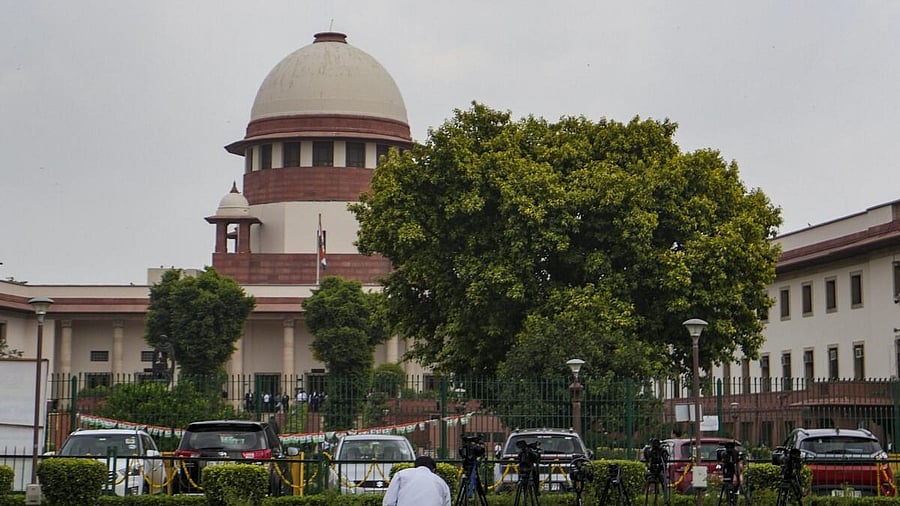
Supreme Court of india.
Credit: PTI Photo
The Supreme Court flagged an important issue last week when it expressed concern over the misuse of the Protection of Children from Sexual Offences (POCSO) Act. It was hearing a petition seeking compulsory sex education in schools and sensitisation of children to anti-rape laws. The court observed that the Act was being misused in cases concerning consensual relationships between adolescents.
The matter has engaged the court’s attention even in the past when it heard cases against adolescents under the POCSO Act. Another bench of the court is currently hearing a petition challenging the blanket criminalisation of consensual sexual activity between adolescents aged 16 to 18 years. There is an ongoing debate in the country over the matter. Former Chief Justice of India D Y Chandrachud has said that the cases “posed difficult questions” to the judges and the matter should be considered by the legislature in the light of relevant research about adolescent healthcare.
The POCSO Act was enacted to protect children from sexual offences, as a special law was thought necessary. It serves a purpose and has brought many offenders to book. But the law, considered an essential measure of protection, has created problems at the level of implementation. It is sometimes weaponised and used to punish natural relationships.
According to the law, a girl under 18 cannot give consent for sex in any circumstance. So a sexual relationship with a girl of that age is an offence. In the past few years, social mores and the nature of relationships among young people have changed a lot. Youngsters fall in love, explore the extent of their relationships, and sometimes elope. But the consensual affair sometimes traps the boy in a legal minefield and leads him to jail.
Teenage romance becomes statutory rape in such cases and some of the boys’ best years, and perhaps also their prospects, are spoiled. Boys from marginalised groups are disproportionately affected because they are unable to mount a legal defence. Girls’ families often vindictively pursue cases for the sake of ‘’honour’’ and raise rape charges against boys.
Extraneous factors, such as land disputes and differences among families, have given rise to false cases under the POCSO Act. There is need for a fresh look at the law to ensure that it is not misused. One suggestion is to lower the age of consent to 16. But the government has opposed any lowering of the age of consent, as also the idea of making exceptions in cases of adolescent relationships. While the POCSO Act should remain a means of protection for minors, ways should be found to prevent its misuse, as the court has suggested.
